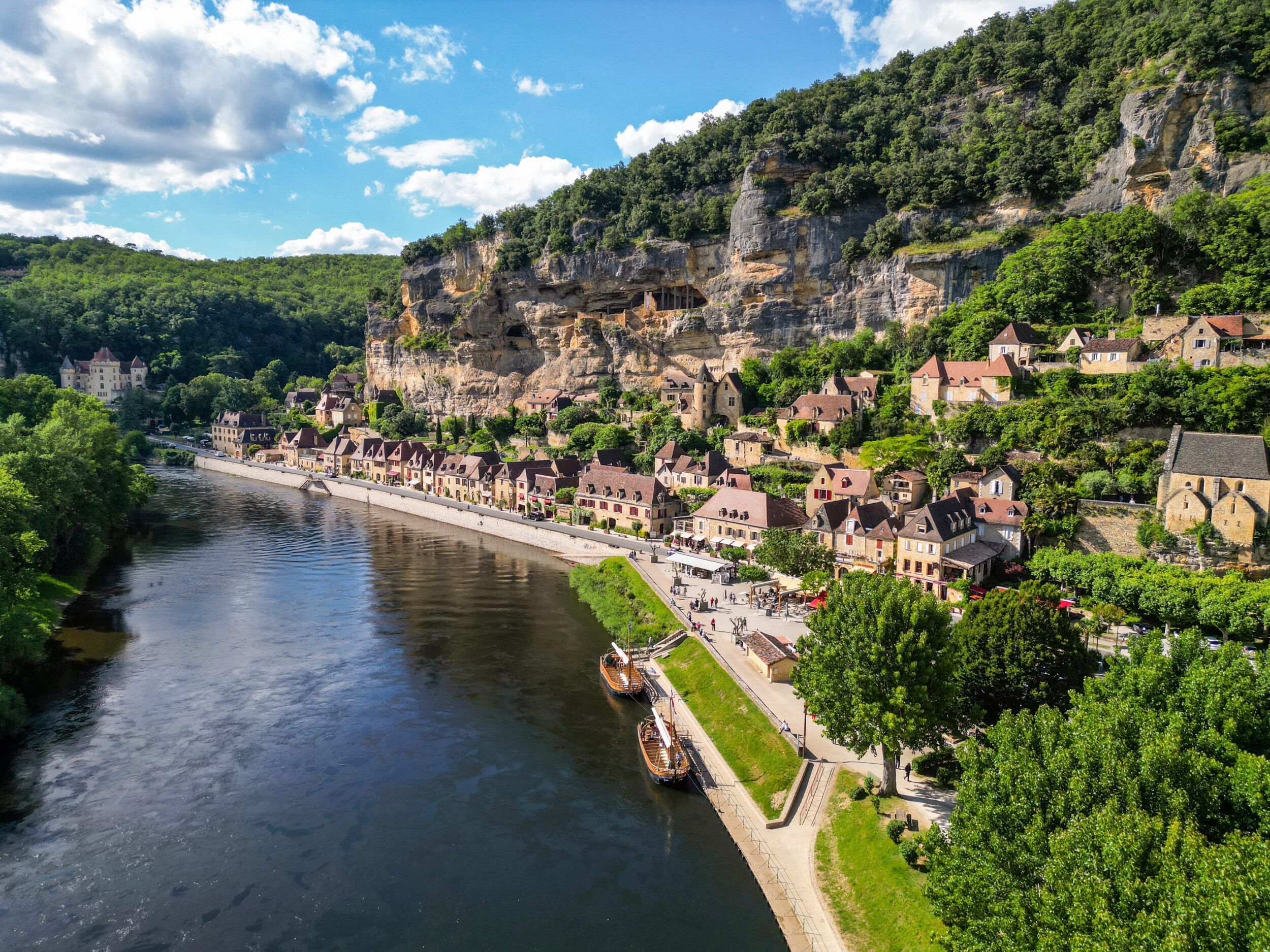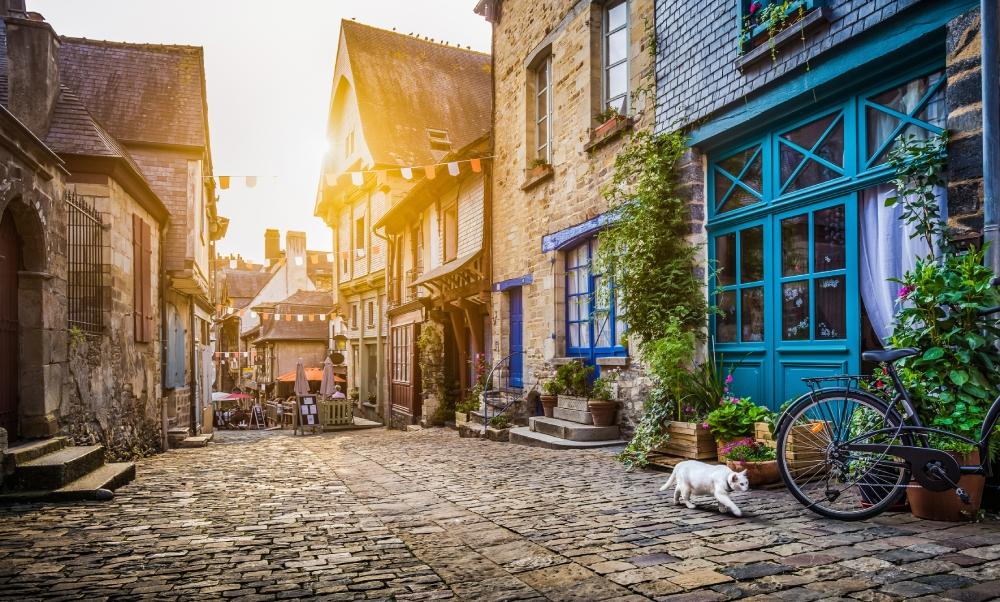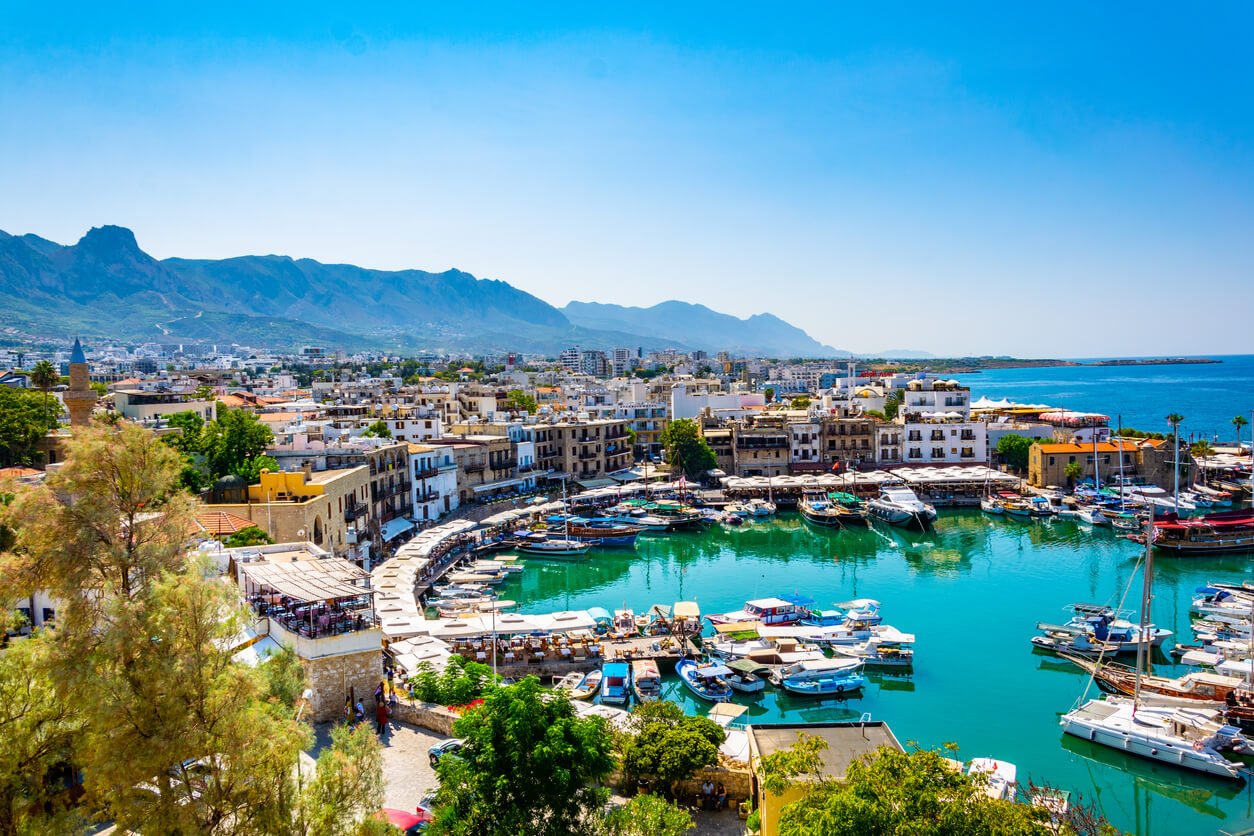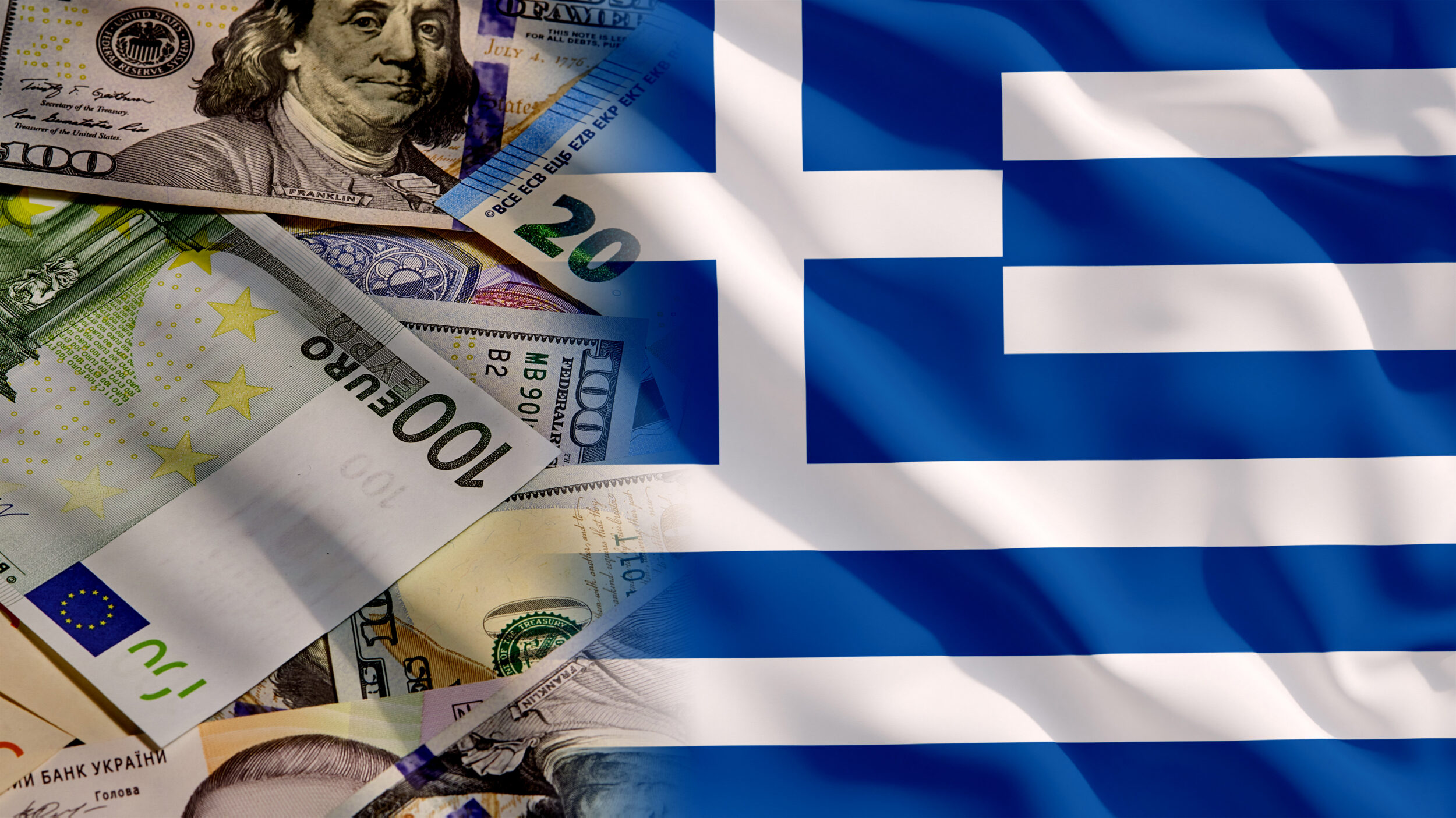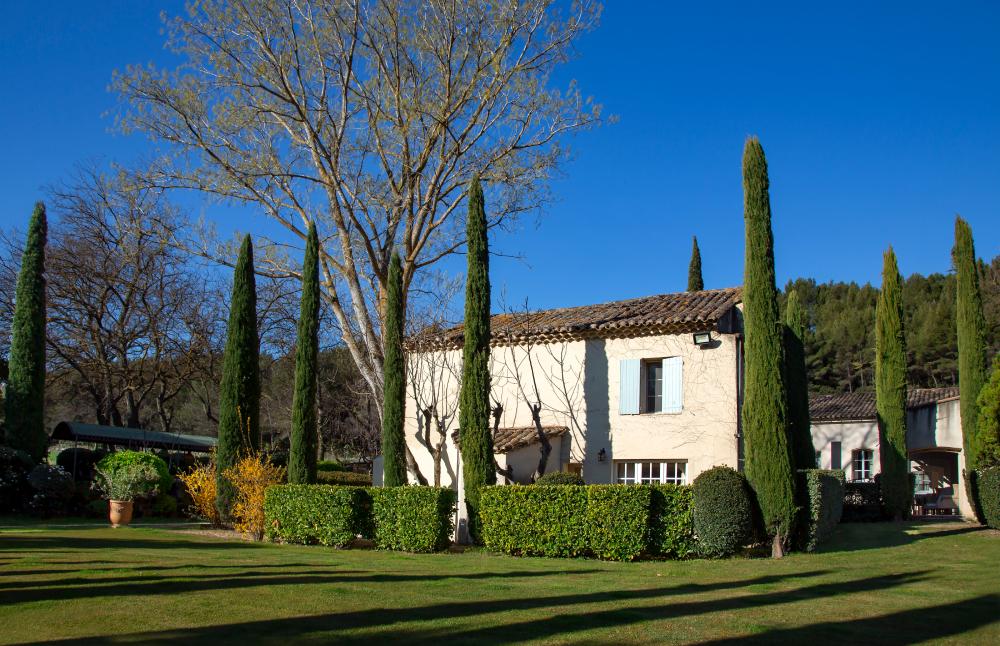
Whether you’re planning for your holiday home, a pied-à-terre to come and spend weekends and a few days remote work from time to time an investment opportunity, or a place for your retirement, buying a property in France is a popular choice for many people.
However, if you are not familiar with the market, it may be daunting to take the first steps and understand how to finance a property purchase in France, what type of mortgage you should have and whether you need a French bank account to buy there. These questions may seem challenging, but with some preparation and the expert advice of an iad Overseas real estate consultant, your dream of owning a property in France could be closer than you think.
The French property market
Buying a property in France is a common goal for many people. Thanks to the Eurostar, Paris isn’t far away and other regions of France can easily be reached by plane or TGV. Compared to the UK, the average house price is much cheaper. In the UK, the average house such as a semi-detached suburban house with a small garden costs £230,000. The average house price in France is €160,000, which translates to just under £140,000. So, you can definitely get more for your money.
As in the UK, there are variations depending on the region you choose to buy in. Current prices in Paris are €10,790 per m², while prices in Lyon are half that at €5,090. Prices on the southwest coast near Bayonne are rising quite rapidly with a 21.7% increase in 2021 while most of the rest of the country is showing an increase of between 5% and 12%. You need to keep in mind there are variations within the regions themselves, depending on the area, but your money will go further once you cross the Channel.
3 ways to finance your property purchase in France
1. Open a bank account in France to pay the recurring bills
Although you don’t need a French bank account to buy property, it will make life easier once you have running costs such as electricity and water. In fact, some companies require a direct debit from a French account to make payments. Several major banks such as Société Générale and BNP offer bank accounts for non-residents, so you can open a French bank account even if you live elsewhere. In addition, there are online banks, such as N26, where you can open an account directly online even if you’re a resident in the UK. They also offer English-speaking helplines.
Our iad real estate agents* could help you to find the right partner; they work closely with select providers in France in order to ensure great service to new residents.
Is it difficult to buy a property in France?
If you already have the available funds to purchase the property outright, buying in France isn’t that complicated. You will still need to take into account the notary fees, which are around 7% of the property price. Make sure you remember to include this when working out your finances. Perhaps the most difficult part of the decision is choosing where you’d like to buy – make sure to do some research and visit the different regions before rushing into buying. France has an enormous amount to offer and it’s worth taking your time and exploring. If you don’t have all the funds available, you’ll need to look into obtaining a mortgage.

2. Get a mortgage in your home country or in France
Although you have the option of getting your mortgage from a British bank, you may prefer to look at what French banks have to offer. French banks do make a difference in mortgages for residents and non-residents and the French government has strict rules in place to try and reduce personal debt. Interest rates have remained relatively low compared to neighbouring countries so you may prefer to have a French mortgage.
If you do decide to take out a mortgage with a French bank, be prepared for some paperwork:
- If you’re self-employed, you’ll need to provide audited tax returns for the three previous years;
- You’ll need to meet minimum income requirements – again, this is in place to protect against having too much personal debt;
- Once you’re past 65 years old, getting a mortgage becomes both more complicated and more expensive. You’ll need to check the details with the different banks.
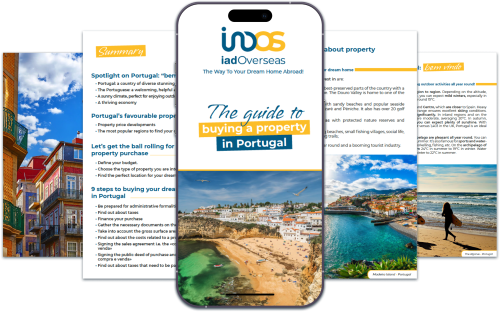
3. Receive approval from the bank to secure your mortgage
In the past, French banks were very reticent about lending money to non-residents. Although they are now more open to this, Brexit has had an impact. Although you can have a mortgage with a French bank, if you are a non-resident and /or non-EU, you can only borrow with a loan-to-value ratio of 60%. In other words, you can only borrow up to 60% of the value of the property. If the property is valued at €150,000, you’ll need a minimum down payment of €60,000 in order to secure the mortgage. This means that 100% mortgages are not on offer in France.
Buying property in France involves paperwork. Working with an iad real estate consultant is definitely a good idea to guarantee that you understand everything and meet all the legal obligations.
Next steps
Hopefully, this has given you some information about how to finance your property purchase in France! As you move along in your project, remember to keep these points in mind.
- Remember to take notary fees into account when planning your budget;
- French banks don’t offer 100% mortgages and non-residents / non-EU residents need to provide 40% of the property cost as a down-payment;
- French property prices vary depending on the region, so make sure you do some research before buying.

